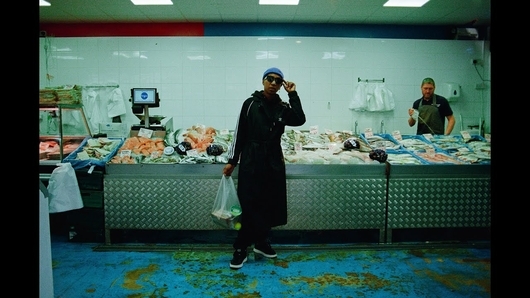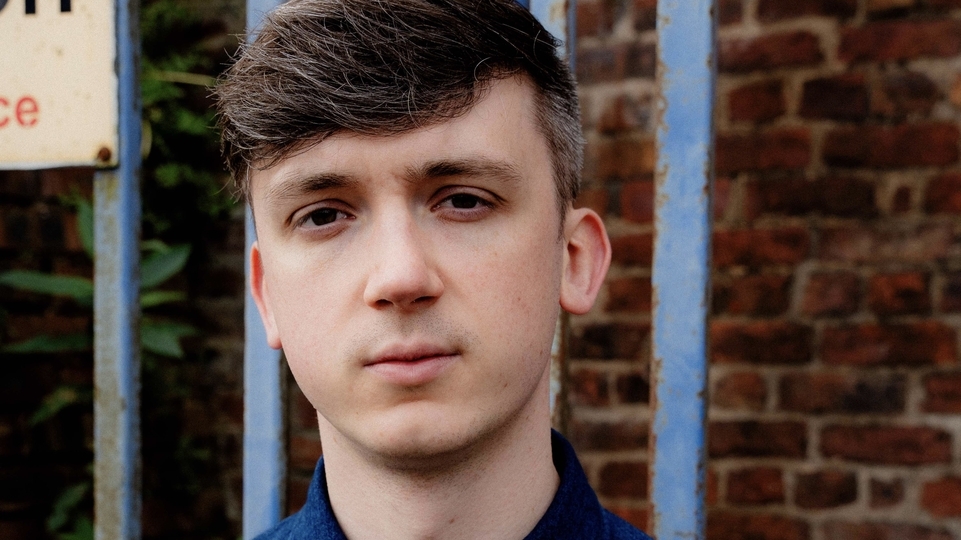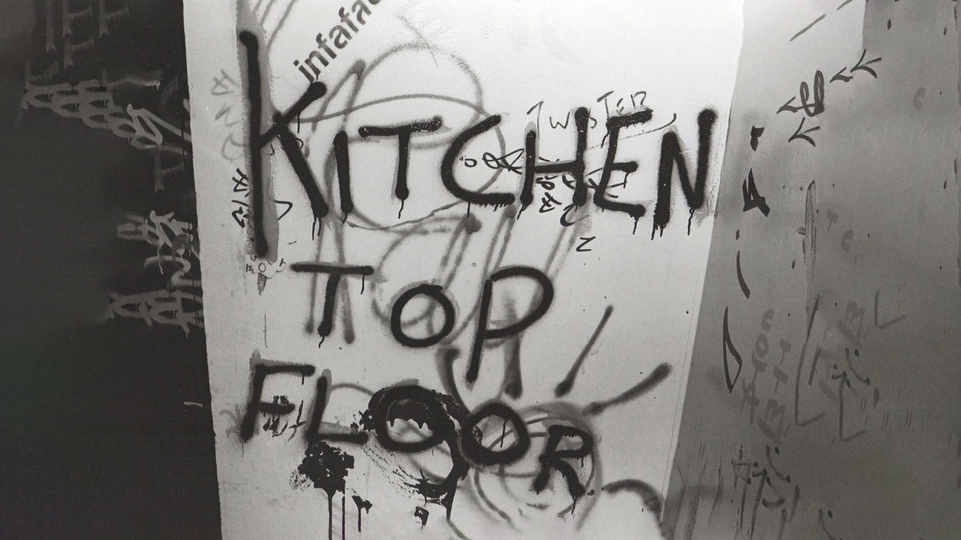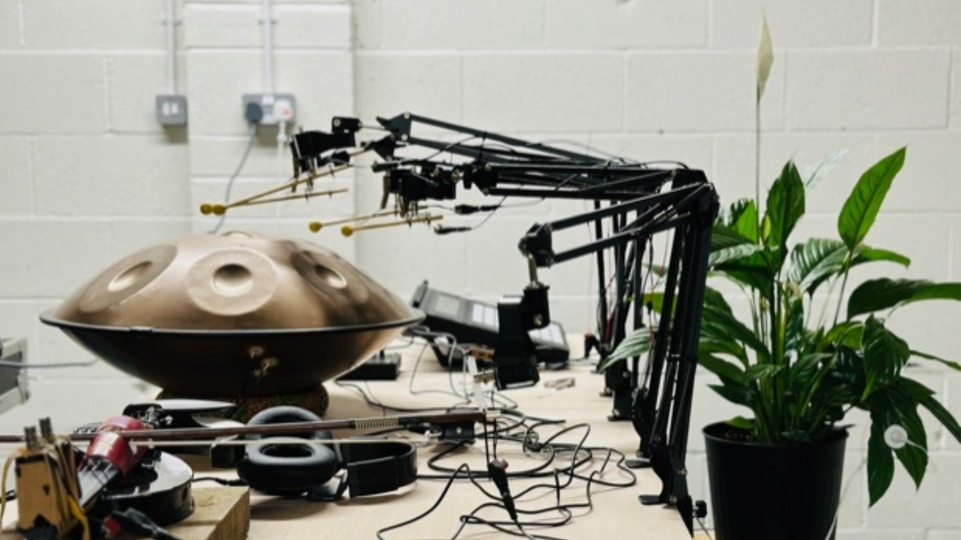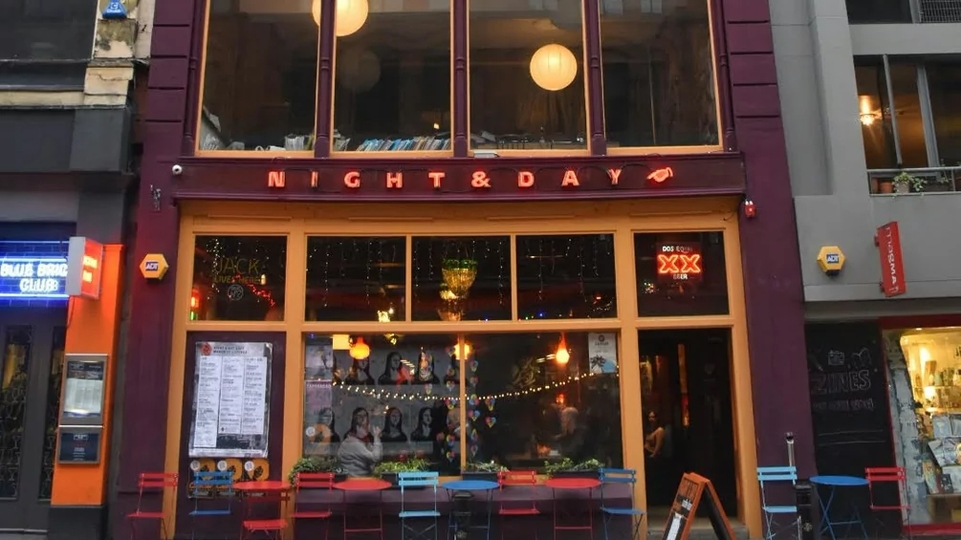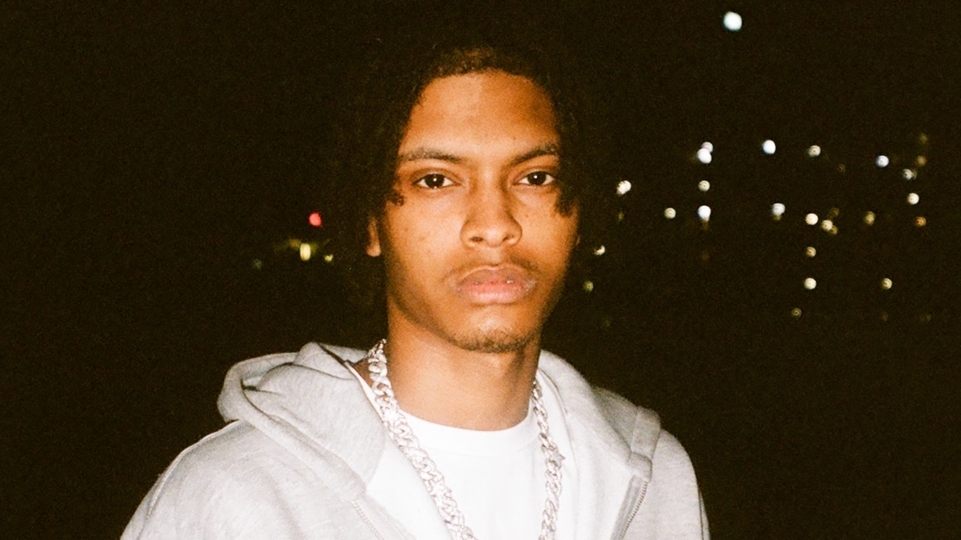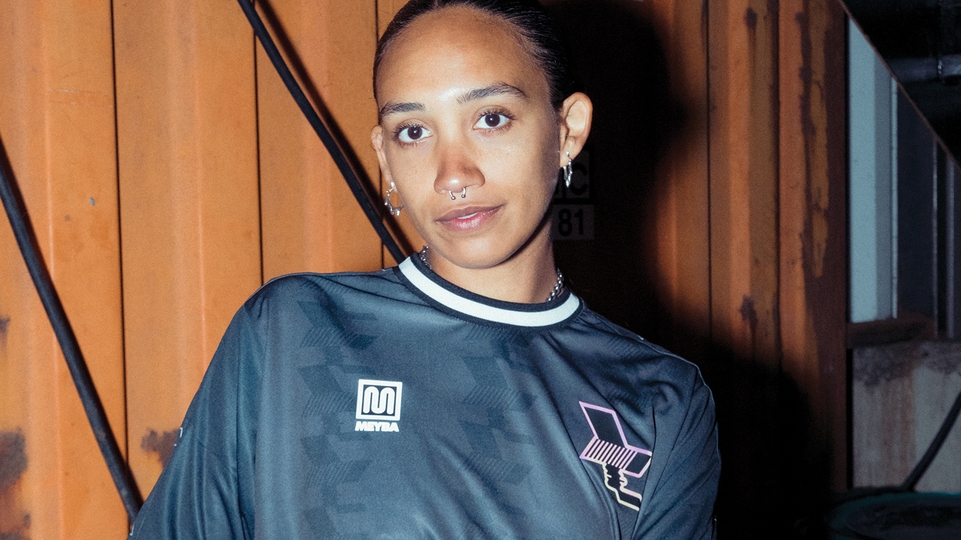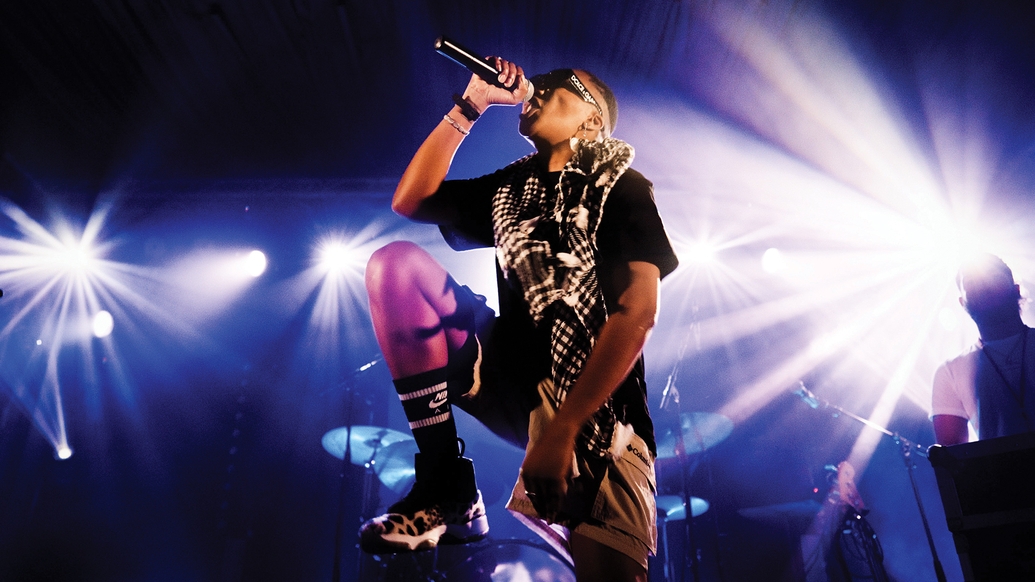
Meet The MC: OneDa
Part of the Herchester collective in Manchester, OneDa operates on the fringes of drum & bass, and isn’t afraid to go against the grain, as evidenced on her latest EP, ‘Pussy Power’. She tells DJ Mag about how acceptance of her sexuality — not least by herself — and a large degree of self-love have been crucial to her development as an MC, and in finding her voice
“It’s the eccentricity of the sound. It’s just magic — you can do anything.” Manchester-raised OneDa effervesces with excitement as she drills down into her love for drum & bass. A braggadocious flow interlacing vibrant, punchy lyrics with that classic drum & bass sound has given OneDa a new lease of life. Her latest EP, ‘Pussy Power’, collects tracks old and new under one roof, tying them together with a motivational message of being unapologetically yourself. It boasts collaborations with established artists like Dub Phizix and Sam Binga, as well as some of the genre’s contemporary names, like Anaïs, alongside OneDa’s own production.
From her home studio, OneDa smirks playfully on video as she speaks of the creative license she’s absorbed from drum & bass. By virtue of being on the edges, OneDa says she’s comfortable to bend the rules. It’s this challenging of orthodoxy that she encapsulates not only as a Black woman in a historically male-dominated genre, but also through her personality. She nonchalantly remarks that “childhood was a life of hustling”. Raised in the Hulme area of Manchester by Nigerian parents who immigrated to the UK, there was very little money, but enough opportunity to misbehave, growing up. OneDa candidly reflects on difficult times, from getting picked on for having holes in her shoes, to being on the road after being kicked out of three different schools. “I did a lot of things I didn’t want to do,” she says. But she always came out fighting.
Did OneDa find trouble, or did trouble find OneDa? Her answer is two-part: first, there was her rebellious streak. Tell her to do something, even if it’s the very thing she’s doing — and she doesn’t want to do it anymore. It’s that unruly spirit that has fit seamlessly within the rule-bending ecosystem of drum & bass MCing. Is OneDa’s disdain for authority from nature or nurture? “A bit of both.”
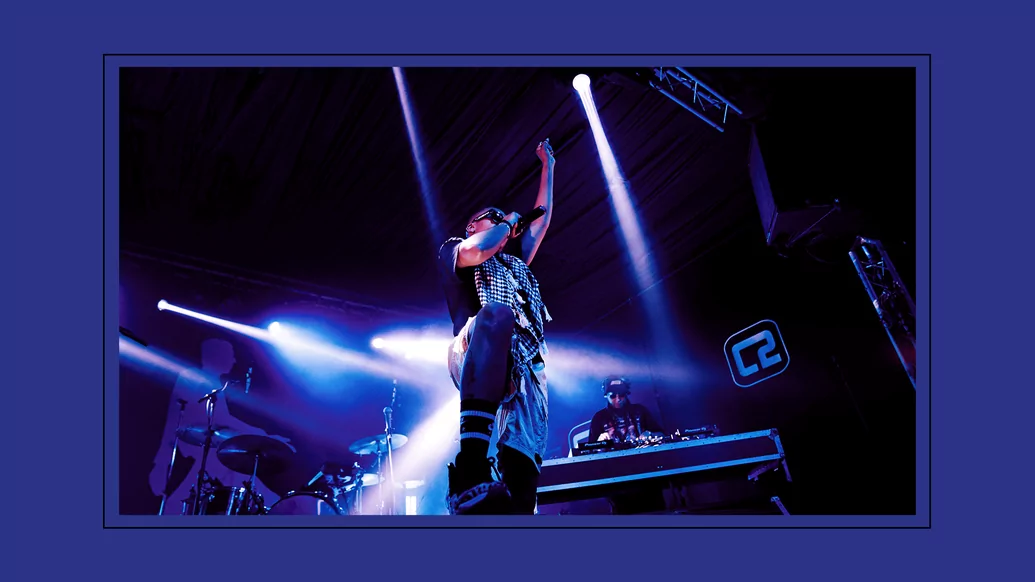
“If I didn’t find myself and wasn’t able to be free being who I was, then I wouldn’t be making this music.”
OneDa was subject to quite a disciplinarian upbringing. She describes the “godly neglect” of being left in church by her parents, whom she clashed with when she eventually came home. But music always offered an escape — from singing in a choir to watching the now-defunct British grime music channel, Channel U, to surrounding herself with her parents’ favourite sounds, like Nigerian legend Fela Kuti. Strict parenting cultivated a tough exterior, but inside OneDa says that she felt fearful. This brings her to the second part of her answer: trouble follows someone who doesn’t know themselves.
Addressing her sexuality, OneDa tells DJ Mag that she’s been lesbian all her life, but only six years ago did her friends, her family and she herself fully come to terms with it. She speaks with a calmness, not giving too much away about the inevitable challenges that came with articulating her sexuality to those close to her. But seeking approval is not a game OneDa thinks is worth playing — especially not when she has the power to fully love herself.
What allowed OneDa to push forward, despite these struggles, was the discovery of a buoyant self love and self-belief. This set her free from many of the fears of acceptance and failure that were holding her back. “If I didn’t find myself and wasn’t able to be free being who I was, then I wouldn’t be making this music,” she explains. Reclaiming agency characterises her attitude, as exemplified by her hook, “The penny dropped / and I picked it up”, from her track with Dub Phizix, and her bars on ‘Rude Girl - Flex’: “Used to be down in the dumps too / I cleaned my mind and pushed through / Don’t let them think they’re above you / You won’t fight, they can’t touch you”.
It’s this message at the core of ‘Pussy Power’ that OneDa wants to impress on everyone: If you worry about what others think and fear being who you are, then you’ll never be satisfied. “I used to hate myself back in the day... I’m a rebel now, but one that fully loves myself,” she says. “Liberating yourself is loving yourself,” she adds, and it can productively re-orient your energy. Her track ‘Love Reality’, as the title suggests, is an invocation to embrace the present moment — it’s already replete with the means to live a good life. And the proof is in the results.
Since making these personal breakthroughs, OneDa has focused her rapping into drum & bass and honed a unique sound — with successes coming in the form of being named a BBC Radio 1 Next Wave Artist, and a feature on Vibe Chemistry’s ‘Balling’ (which has clocked up over 30 million streams). Striking a chord with fans in a way that her previous music hadn’t has taught her to trust her process. Her older releases, she acknowledges, “lacked a message”.
So how did OneDa pull herself up by her bootstraps into this free spirit of self-love? Overcome by emotion, she preaches about a spiritual awakening which inverted all her phobias. Recognising the innate energy in us all, she claims, has the power to heal: “I used to think demons were after me all the time. Now my demons run from me.” Spirituality is at the centre of OneDa’s ethos, which is why you can find the Hindu ‘Om’ symbol woven into her brand artwork, and it also cuts through in her music. On her recent spoken word track ‘Moss Side Fish Fry’ with Steve Mason, she spits, “Been travelling long finding where I belong” over psychedelic sitar. Likewise, the inquisitive opening notes of ‘Penny Dropped’ frame OneDa’s state of mind before her awakening: “Wake, bake, then I meditate, yeah / Seeing girls tryna elevate, yeah”.
Time and again during our conversation, OneDa refuses to see herself as a victim. Animated, she professes that every hardship she’s experienced has enabled her to evolve into the person she is now. “Now I’ve got a god mentality, and gods can’t be victims,” she asserts. Her words could be construed as arrogant, but when she preaches them behind a scintillating grin, it simply feels uplifting, an expression of an attitude of looking forwards, not backwards. OneDa’s story is so clearly mirrored in her music: a sprightly flow preaching a message of empowerment, enveloped in a dark, raucous soundscape. Finding motivation in a struggle is at the heart of OneDa’s artistry.
Elsewhere, OneDa also has a masters in social work, and has pioneered ‘Herchester’ — a collective of 28 female and non- binary MCs in her hometown trying to master their skills. Pride abounds as she explains that each MC, like their mentor, stands out from the crowd — giving life to her tagline ‘Manny on the rise’. Wistfully, she remarks that it’s a platform she wishes she had when she was starting out. Now, OneDa’s sights are set on pushing her sound forward, looking to incorporate elements of Afrobeats to pay homage to her heritage. With a new album out next year that’s half drum & bass and half hip-hop, she hopes to showcase her production as much as her MCing. Free from the shackles of self-doubt, OneDa is ready to hedge her bets on the manifestation of more burgeoning success — and we don’t doubt her either.
